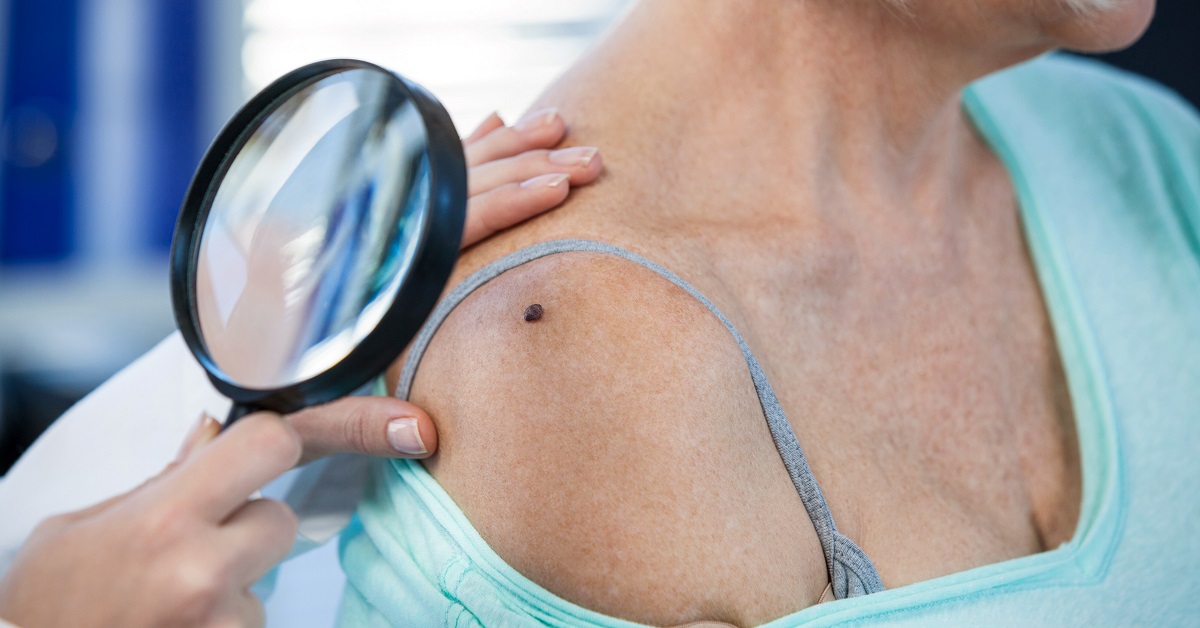Should surgeons use Mohs Surgery to treat all skin cancers? The answer to this question is no. Mohs surgery is used to treat mostly basal cell carcinomas and squamous cell carcinomas on cosmetically sensitive areas such as the face, head, neck and ears, or for those that have recurred after a previous treatment. Dr. Papadopoulos or Dr. Kim at MetroDerm also will sometimes use a modified version of Mohs surgery to treat thin melanomas in cosmetically sensitive areas.
Why Does My Skin Cancer Need to Mohs Surgery?
Mohs surgery has the highest cure rate. It is appropriate for most skin cancers and especially suitable for skin cancer that:
- Is in an area where it is important to preserve healthy tissue for maximum functional and cosmetic result
- Was treated previously and has come back
- Is located near scar tissue
- Is large
- Does not have clearly defined edges
- Is growing rapidly or uncontrollably
- Is of an aggressive subtype (i.e., sclerosing or infiltrating basal cell carcinoma)
- Develops in organ transplant or lymphoma patients
Signs of skin cancer is often seen on the surface of the skin but underneath there are more tumor cells growing downward and outward into the skin like roots of a tree. These roots are not visible with the naked eye, but can be seen under a microscope. When left untreated, those cells can spread deep into the skin and invade nearby structures. On rare occasions, these cancerous cells can metastasize to lymph nodes and other organs in the body.
Deciding Which Types of Treatment You Need
One of our dermatologists at MetroDerm will discuss with you the options you have for your type of skin cancer. They will explain the treatment and its benefits and the possible side effects. Your treatment options depends on:
- the type of skin cancer,
- how far it’s grown or spread,
- where the cancer is, and
- the stage of the cancer (if relevant).
Different Treatments
- Surgery
- Excisonal biopsy
- Cryosurgery
- Curettage and electrocautery
- Mohs Surgery
- Radiotherapy
- Immunotherapy
- Photodynamic Therapy
- Chemotherapy
Many small non melanoma skin cancers can be removed by one of our dermatologists in the office. All of the MetroDerm dermatologists have had specialty training in removing cancerous cells. It is mainly for basal cell skin cancer (BCC) or actinic (solar) keratosis.
Larger Skin Cancers May Require a Different Type of Surgery
- Wide Local Excision: You have a wide local excision to remove more tissue if all the skin cancer has not been removed. For example, following your exision biopsy. This helps reduce the chance of the cancer coming back.
- Skin Graft and Skin Flaps: After both skin grafting and skin flap repair, your nurses and doctors will keep a close eye on your wound site. This is to make sure the site is getting a good supply of blood, which brings oxygen and food to the healing tissues.


